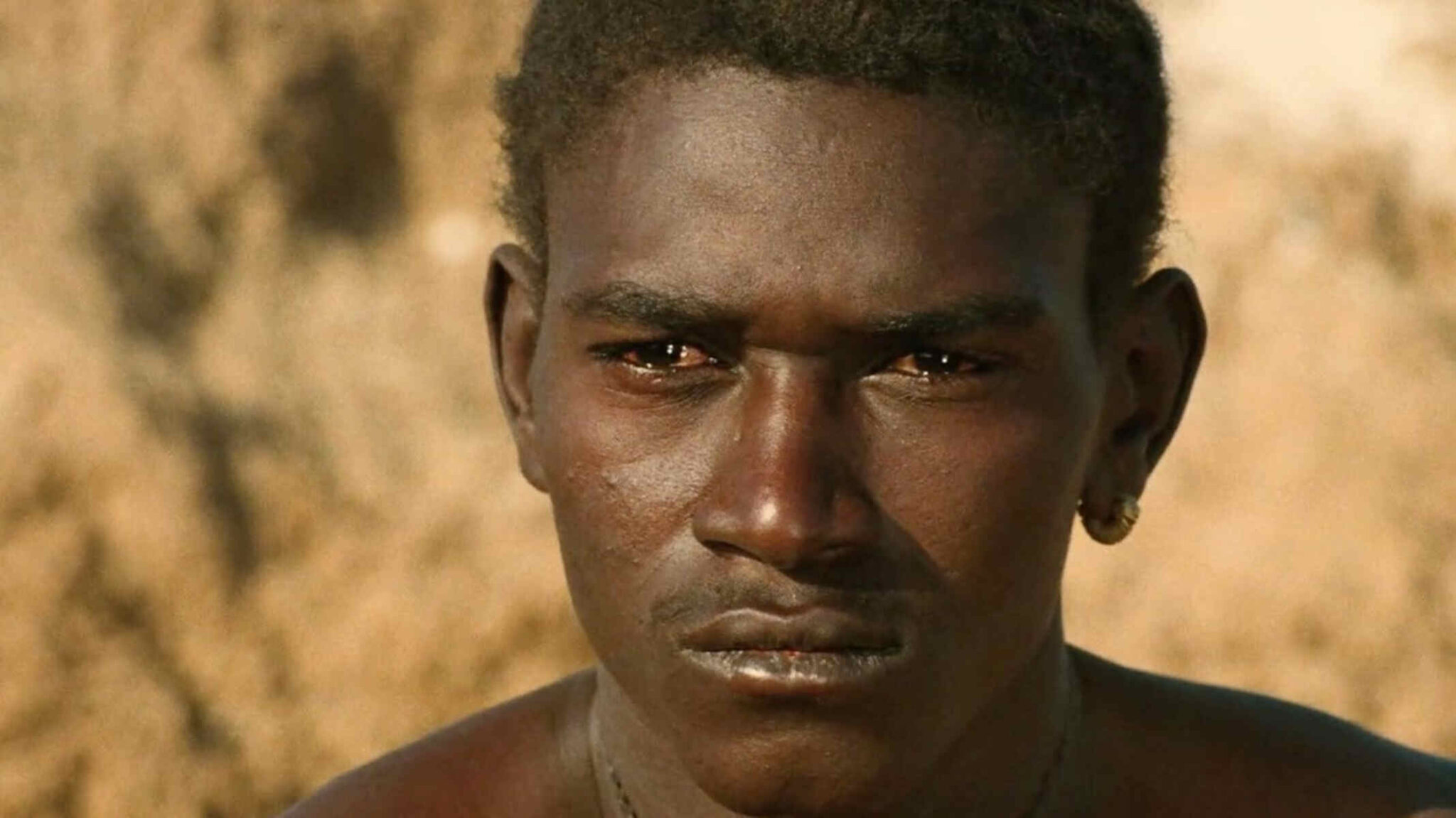Ever heard of that snail trend that made the rounds on TikTok a couple of months ago? It’s an interesting hypothetical: you’re offered 1 million dollars, but in return, a hyper-intelligent, immortal, and all-knowing snail follows you around for the rest of your life. Sounds delightful, but this snail has only one proposition in its small, snail-y mind: your death. Do you take it? Is the fear-to-reward ratio worth it?
Well, imagine instead of an omnipresent mollusc slugging after you, it’s your very own father preying on your fatal demise. And instead of 1 million dollars, you’re bestowed with godlike, prophetic abilities capable of reshaping destinies and toppling empires.
This is the sticky dilemma that Nianankoro — the central, hero-protagonist of Souleymane Cissé’s 1987 film Yeelen — faces. Set in 13th-century Mali, Nianankoro is a young Bambaran man who finds himself in the bull’s eye of his father’s death wish, who’s driven by a prophesied future that his son’s burgeoning power will eventually usurp his own. It’s a familiar odyssey that proves both perilous and transformative. In fleeing from his father’s pursuit, Nianankoro encounters a series of trials and tribulations that ultimately result in a deeper discovery of himself. As the story unfolds, the film concludes unsurprisingly in the very culmination that it sets up from the start — that Nianankoro must eventually come face to face with his father in an inevitable confrontation with death itself, much like one would with the snail.
The experience of watching Yeelen can at best be described as an ancient folk tale that has been resurrected and brought back to life. Harnessing the earthly magic and natural elements of the African Sub Saharan landscape, Cissé borrows the mythic legends of Malian folklore and transcribes it effortlessly onto the celluloid of 35mm film. In doing so, Cissé creates a feverish, fantastical narrative that feels as though it’s been plucked from the pages of picture books or crafted by the vivid detail of spoken stories. Unafraid to tackle the imaginary head-on; every uttered word in Yeelen carries weight, every pendant holds power, and every form of sorcery feels palpably real.
Yet, the story at times feels disjointed and hard to follow. It’s extremely minimalistic, and the pacing is slow. Plot points are fed to us like scattered puzzle pieces, jumping back and forth through dissolves, fades and cuts. Dialogue between characters comes across as a series of statements or declarations rather than genuine conversations. At times, performances feel robotic and directionless, leaving you grasping for more. But it’s also this stark departure from the narrative conventions of traditional, Western cinema that allow it to exist rightfully and gracefully as a piece of cinema on its own. The story is not cookie-cut nor served to us on a silver platter, and it certainly does not follow the standard narrative structure that demands a beginning, middle, and end. And this was intentionally so — Cissé stated that the film was “made in opposition to European ethnographic films”. Free from the confines of the archetypal Hollywood movie, Cissé successfully crafts a mythical world that is indeed distinctly Malian.
There is no doubt that Yeelen’s cinematography is captivating. Cinematographers Jean-Noël Ferragut and Jean-Michel Humeau truly have a masterpiece here — their shots of Mali’s arid grasslands, flowing rivers, and rolling sand dunes are nothing short of breathtaking. Elements of soil, water, and fire — focal themes throughout the film — are captured beautifully, and the film’s rich hues of burnt orange, warm greens, and soft blues create a mesmerising palette that’s complemented by the synth-y and jungly beats of its soundtrack. If you were to take only one thing away from this film, it would be the sheer visual beauty of it all.
I wasn’t sure if I was completely fond of the film after watching it for the first time but after thinking about it for a while, I can decidedly say that I’m glad to have watched it. Yeelen is a piece of art that offers a uniquely Malian perspective that I had certainly never come across before. To fully appreciate Yeelen, you must approach it with a willingness to embrace it in its entirety because it will be a rewarding experience.
Yeelen (1987) is playing at the Cinema Reborn Film Festival at the Randwick Ritz in Sydney and Lido Cinemas in Melbourne. Click here to access the 2024 program, running from May 1-7.
Student prices for tickets to the 2024 Cinema Reborn Festival have been set at $15.00.





